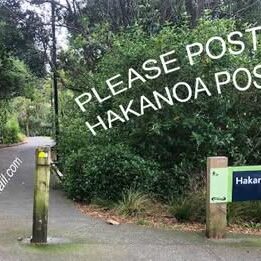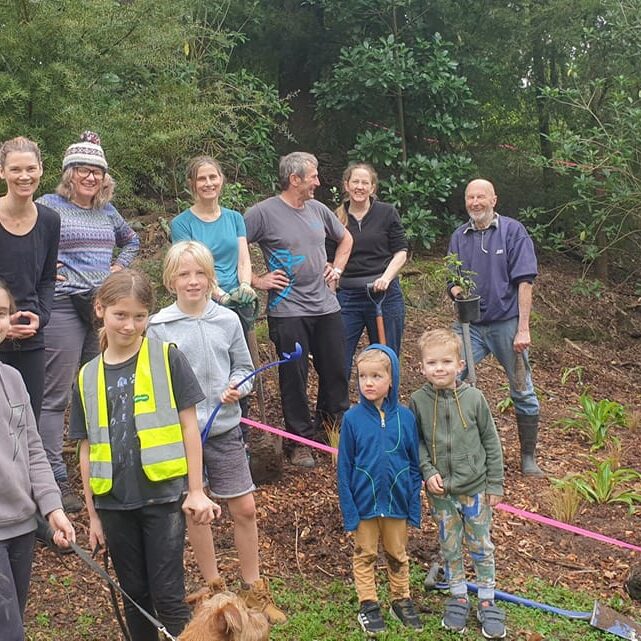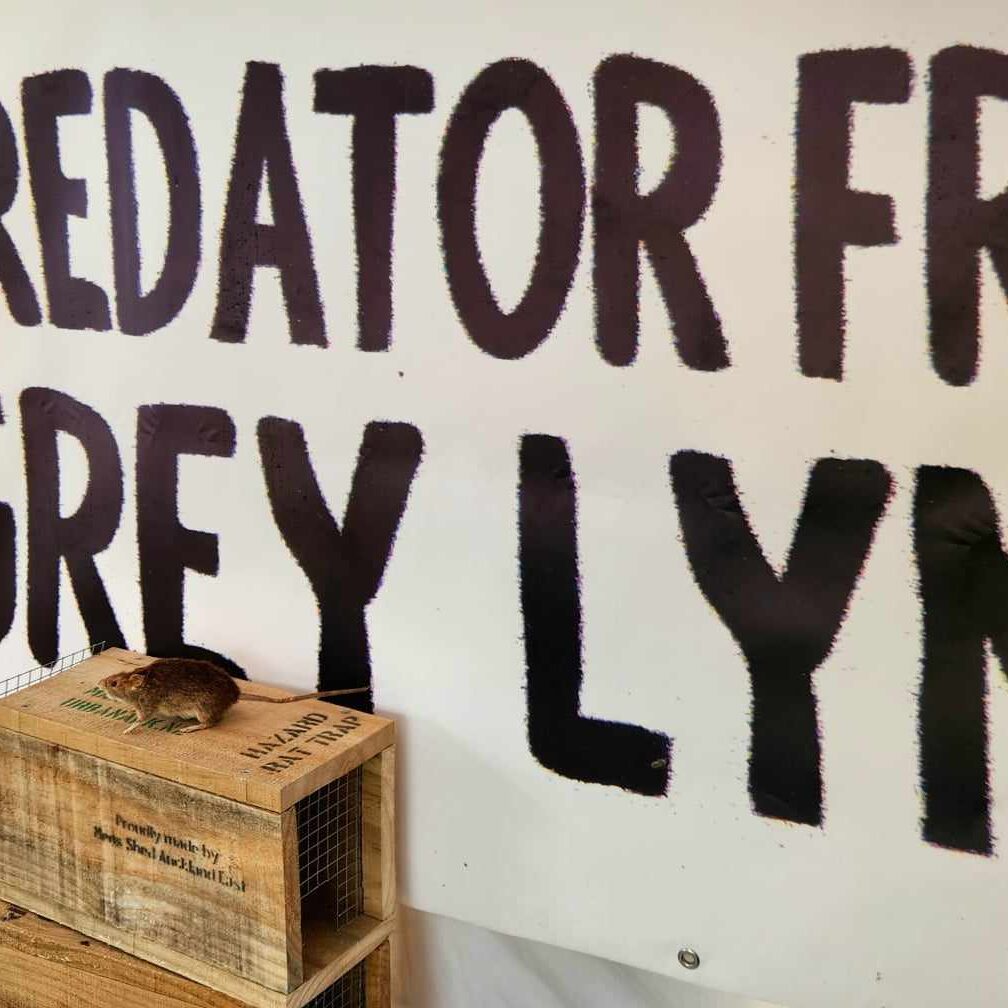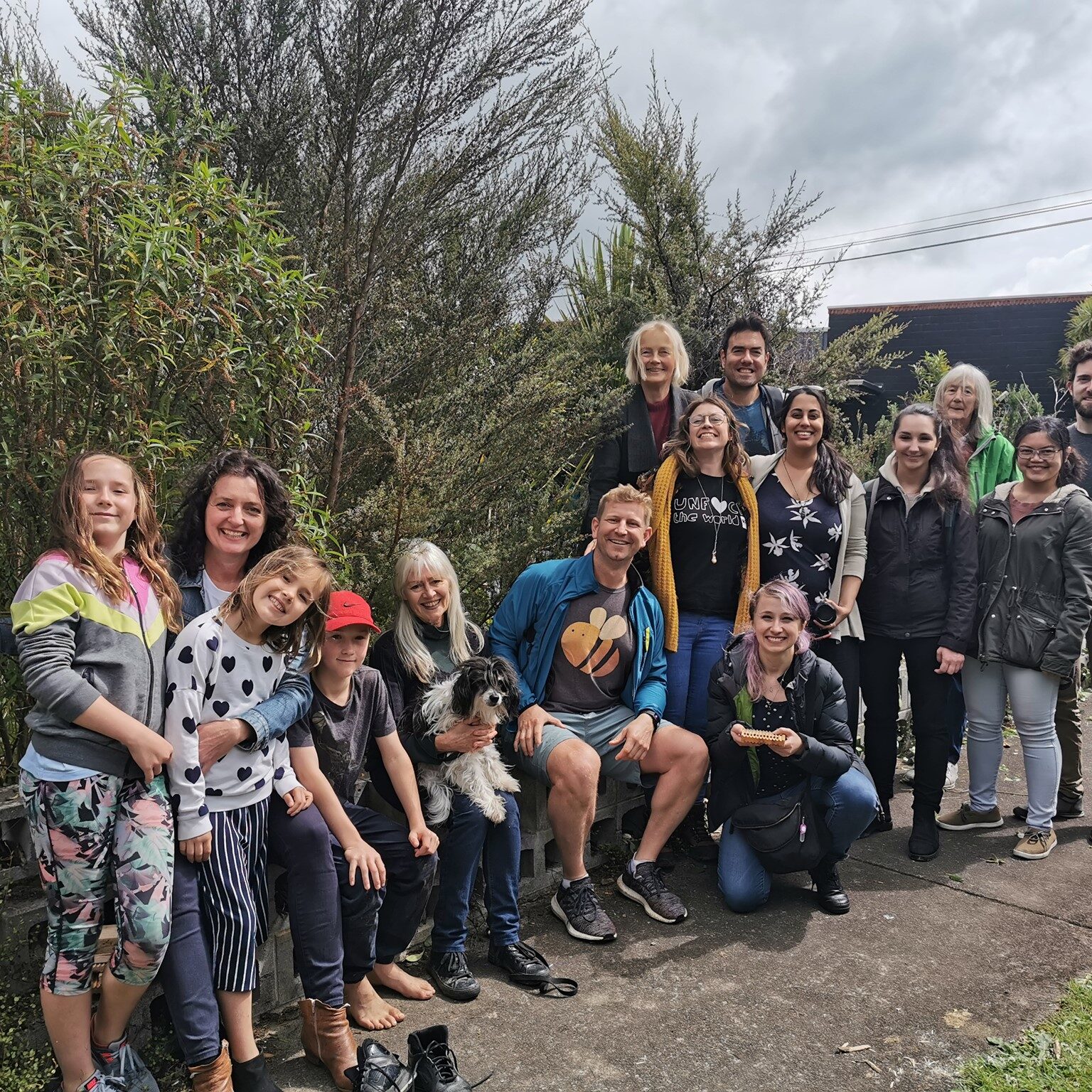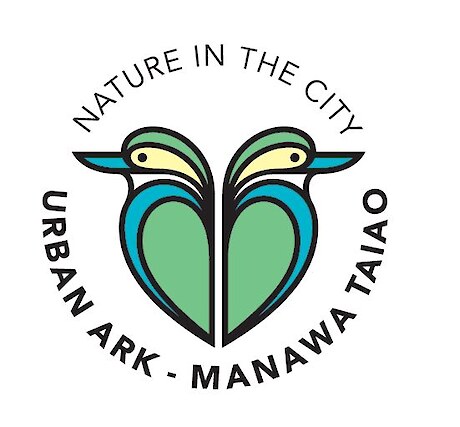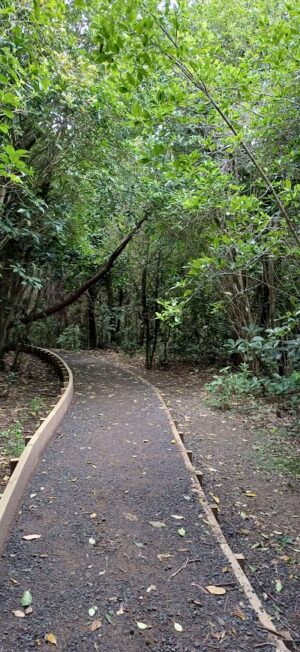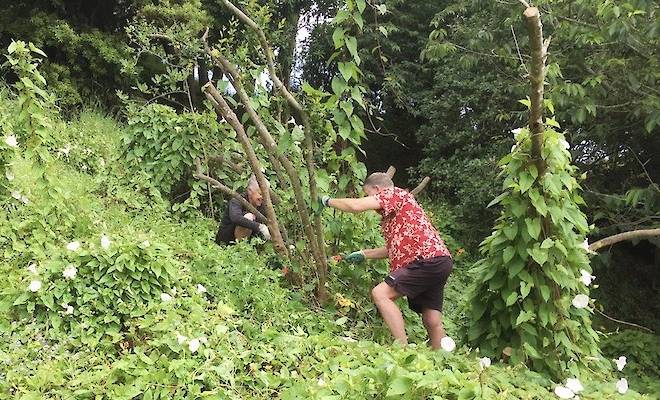Nature
Waitematā is blessed with natural beauty and access to parks, regenerating native bush and walkways. There are many volunteer community groups Grey Lynn and the Inner west, working on ecological restoration with Auckland Council. Pollinator Paths, Wellpark Streamers, Predator Free Grey Lynn, Eco Sourced Seed Collection, the Weona Leamington Westmere Walkway Restoration Group, Meola Reef Restoration Group, Friends of Oakley Creek
Nature Project Updates
Check out the community ecological restoration work, planting, trapping and community gardening.
Hakanoa Recovery Group – 33 Cockburn St
What’s happening to 33 Cockburn Street? To date (March 2025) Hakanoa Recovery Group (HRG) had worked alongside the Auckland Council Recovery Office in an effort to have local input into the process of ‘redeveloping’ the affected areas in a way supported by the community. As a result of an HRG- led initiative data was collected…
Read MoreUrban Ark – Waitematā
Thousands of pests have been removed from Waitemata thanks to Urbran Ark which receives funding from Albert-Eden and Waitematā local boards. When Welllpark Streamers started our ecological restoration at Wellpark Reserve we worked largely on our own. The plants were supplied by Auckland Council. They arrived. We planted them. Nearly 20 years on they…
Read MoreJaggers Bush – Prioritised Reserve for Ecological Restoration
Nestled between the bustling suburbs of Westmere and Western Springs Football clubs, Seddon Fields is Jaggers Bush, a narrow but significant strip of coastal broadleaf forest. This reserve offers a quiet green space for native wildlife, playing an important role in the ecological network of the area. Where is it? Jaggers Bush can be accessed…
Read MoreWellpark Reserve Community Weeding Bee Saturday 18 Jan
Wellpark Streamers have a community weeding bee at Wellpark Reserve this Saturday 18 January and we need volunteers. Can you help? Yes, we know it’s January and people are away BUT the weeds have not stopped for a holiday in Wellpark Reserve. Native Plants Smothered Suzanne says, “The native plants that we planted almost 20 years ago…
Read MorePollinator Paths – Winter Planting
Pollinator paths are networks of connected green spaces designed to provide safe passage, refuge, and resources for pollinators like bees, butterflies, and other insects. These paths, often created by linking parks, gardens, and other urban vegetation, help these creatures navigate fragmented landscapes and find food and shelter. Essentially, they act as “stepping stones” between larger habitat patches,…
Read MorePollinator Paths Grey Lynn
Pollinator Paths Planting roadside berms to create urban bio-corridors 1. Goal To create a beautiful and diverse urban landscape that supports a rich mix of flora and fauna; where nature is visible and celebrated; with streets where people, plants, birds, bees and insects flourish. 2. The Plan To create continuous gardens on the roadside…
Read MorePollinator Paths: Urban Bio-Corridors
We often get asked whether it is legal to plant the grass berms found beside the footpath on most residential roads and whether these are a good place to plant fruit trees. Come along and find out. At our March meeting we will be sharing ideas for using our local berms to establish ‘urban bio-corridors’. The…
Read More- « Previous
- 1
- 2

